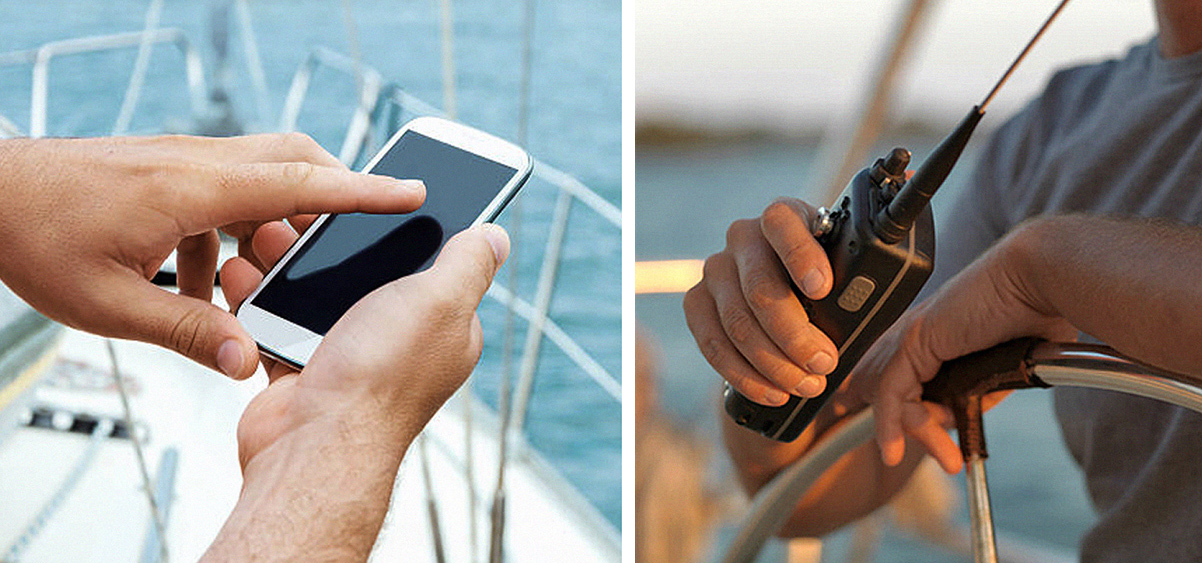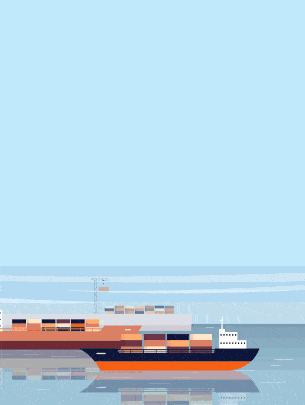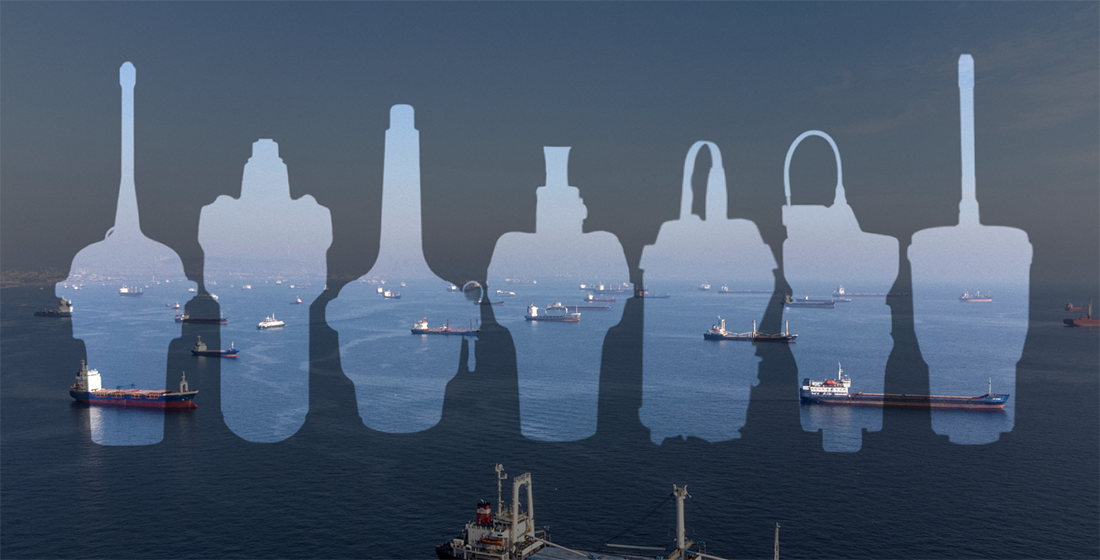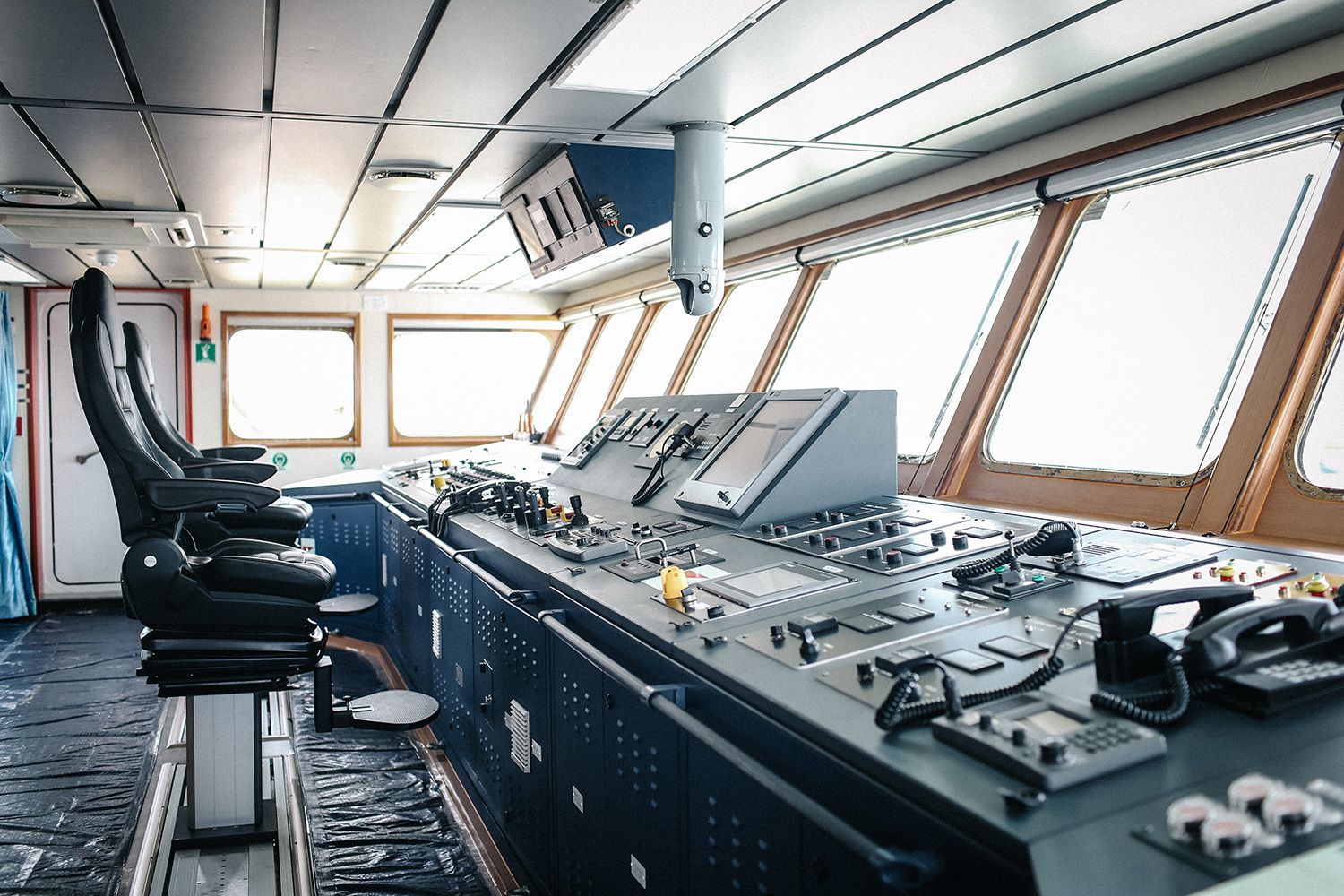In case of an emergency at sea: VHF radio vs Mobile phone

Spoiler alert: Forget about the mobile phone and use the VHF radio when it comes to communication to save your life in an emergency whilst at sea.
So, no need to take a mobile phone on board? Not at all. It is a convenient means of communication to keep in touch with family, friends, for doing business. It works great when going to sea, if the mobile bill payment has been made and there is a tower nearby that provides coverage.
But when it comes to search and rescue, when you need to report an emergency and call for help, get rid of the habit of grabbing the mobile phone, calling 911. For a number of reasons, this may not be effective.
If we talk about good maritime practice, then each ship should carry and use a VHF radio. This will significantly increase the probability that the rescue services will hear you. As well as yachts in the vicinity, which can also come to the rescue.
Unfortunately, only a part of recreational craft and other small vessels have this type of radio equipment on board. This is not required by the rules. In the USA, only 25% of yachts are equipped with VHF radios.
Meanwhile, VHF radio communication is the standard at sea. Its unique properties have firmly anchored it in the range of special means.
VHF marine radios, whether handheld or fixed-mount, are necessary when it is required to provide communications outside the coverage area of mobile networks and without additional costs for paying for traffic. They are also indispensable when mobile and satellite communications are disabled or suppressed.
Other factors to consider
-
Mobile phones are intended for a land-based service. They are not designed to provide distress communication at sea. In case of a life-threatening situation on the water, your phone call will be received only by the operator of the unified rescue service (provided that there is a connection), who must then redirect it to the Coast Guard. With VHF radio, the situation is different. VHF сhannel 16 is designated as an international distress frequency. SAR (including the Coast Guard mentioned above) and port services, as well as all vessels equipped with a VHF radio station are required to monitor this channel while at sea.
-
Thus, the mobile communication system is a closed system - you are connected only to the number you called. The nearby vessels are unable to pick up the signal and provide assistance if necessary. On the contrary, the VHF radio communication system is open. It allows the person in distress to have two-way communication with SAR services and ships involved in the rescue operation.
-
VHF radios equipped with the DSC (Digital Selective Calling) function provide one-button emergency notification. When pressed, this button automatically sends your vessel's identification data (MMSI number), position (if the radio is interfaced with your GPS) and the nature of the distress to all DSC equipped vessels and shore stations within range. After receiving a distress message, DSC radios will automatically sound an alarm, and then automatically tune into channel 16 to wait for the voice distress message. A mobile phone will not help rescuers pinpoint your location in case of an emergency.
-
VHF radio is an independent unit, while a mobile phone relies on a mobile network. This network may be malfunctioning or overloaded. You may lose the connection due to an accident on the side of the mobile network operator or due to the fact that the funds in your account have run out. Communication via a VHF radio station is free and unlimited. Using it, you can talk as much as you need, within the charge of your device.
-
Working in the marine environment. Since VHF radios are designed specifically for use in adverse circumstances, they are well protected from the effects of external aggressive factors (high humidity, salt water, sun), and also more impact-resistant. The reliability of mobile phones for these properties is significantly lower. In addition, mobile phones have very limited battery life.
-
Radio audibility is usually better than telephone, and the separation of the reception and transmission phases eliminates overlaps promoting better mutual understanding.
-
The VHF marine radio station also has the function of receiving storm warnings and other urgent marine information.
Summary
A mobile phone cannot replace a VHF radio in cases when you are boating far from the shore.
These two means of communication do not substitute each other, since they provide different services. VHF radio should be your primary means of ensuring safety at sea, while a mobile phone is only a backup means of communication in emergency situations.
By Olga Davydova





Be the first to comment